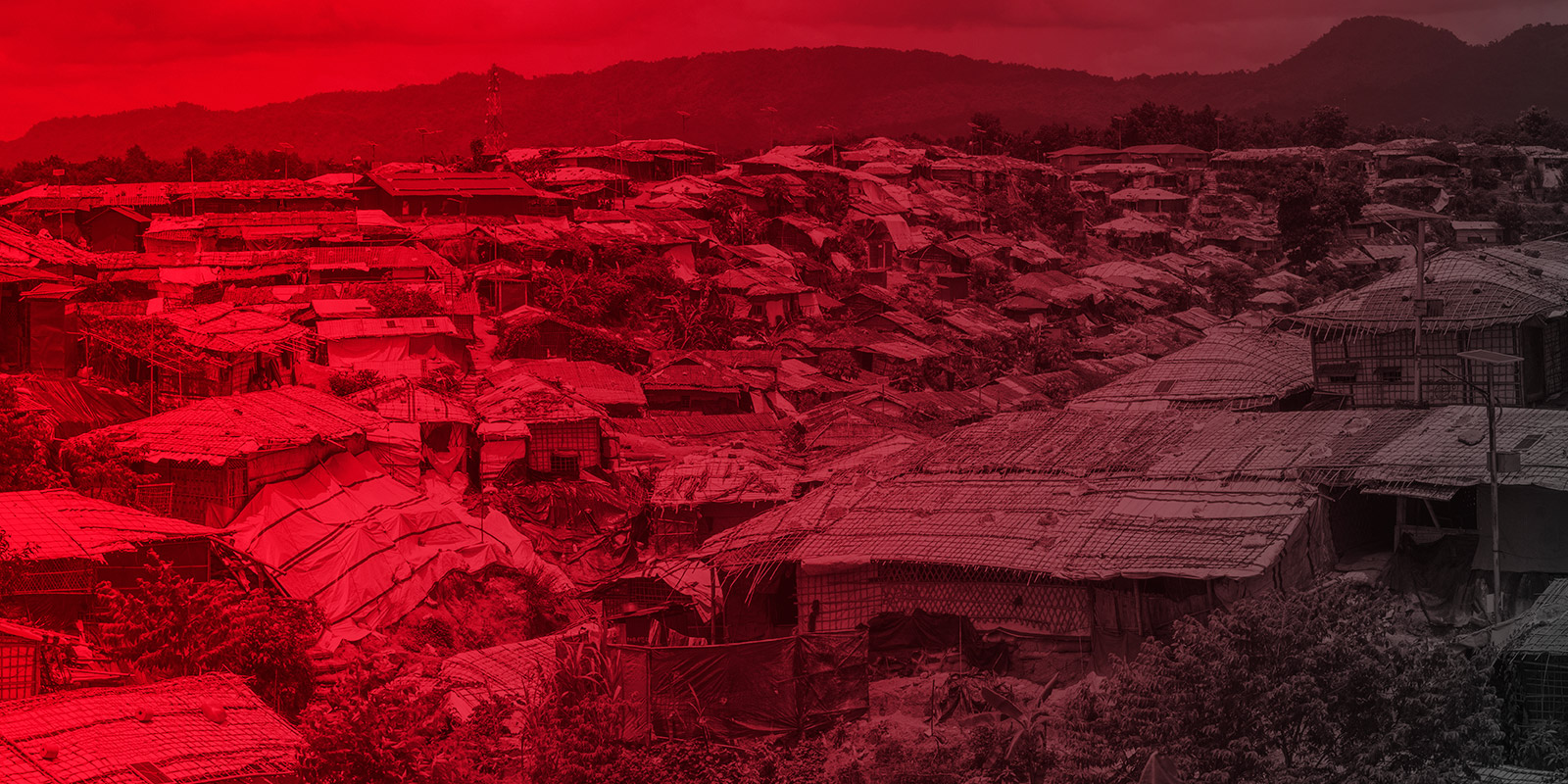As the global COVID-19 pandemic develops, access to information has become fundamental to keeping people safe from the widespread virus. Yet, from Rohingya refugee camps in Bangladesh to cities and villages of Jammu and Kashmir, internet shutdowns have left many people in the dark, for as long as months and years. While the world is moving fast to share COVID-19 updates online and bring work and study to digital, remote platforms, people with no access to the internet and communication platforms not only have no means to catch up, but are also cut off from each other.
Through the documentation of Access Now’s STOP and Shutdown Story projects, we received many stories about people’s struggle to stay online when they are denied all means to stay connected. We are sharing stories from these communities to help shed a light on their marginalization that is further exacerbated by the deliberate communication blackout. It is vital for governments, digital platforms, and the public to understand the urgency of getting people connected, and to take action that may save lives. For more visibility, Access Now has partnered with Twitter to launch the #KeepItOn Twemoji, seeking to raise wider awareness among the public on the issues at stake. Furthermore, Access Now and Data4Change have collectively launched a visualization of 2019 shutdown data, aiming to lend a lens to the depth and increasing urgency of the issue. Here are five personal narratives we have collected from Bangladesh, India, and Myanmar. Read and share these stories as a call to the governments, demanding they restore the internet in these places to save lives, and as a reminder that the whole world is watching.
Rohingya refugees in Bangladesh
For nearly 900,000 refugees in Cox’s Bazar, Bangladesh, their already dire situations have been made more difficult since mobile internet was cut off more than eight months ago. In mid-May, the first few positive cases of COVID-19 were identified among camps in Cox’s Bazar. To date, little has been implemented to inform the community — especially those most at risk, such as the elderly — about the dangerous virus, as the internet remains shut down.
Ro Sawyeddollah, who learned English purely through the internet, shared reports on the heartbreaking hardships many young Rohingya refugees are experiencing. Without the internet, people in the refugee camps are not only unable to access critical information about the COVID-19, many have expressed feelings of isolation, and of being cut off from the rest of the world throughout the unprecedented health crisis.

Mohib Ullah leads a human rights organization working with Rohingya communities. According to his experience, internet shutdowns have left the Rohingya refugee camps in Bangladesh facing extensive challenges, particularly in healthcare and education, throughout the COVID-19 pandemic.

The Rohingya Women’s Education Initiative at the Kutupalong refugee camp have captured the feelings of many people in refugee camps whose access to information and communications are completely cut off by the internet shutdowns: hopeless.

Residents of Jammu and Kashmir, India
Sara is a researcher living in Srinagar, the largest city in India’s Jammu and Kashmir region. Since August 2019, the longest internet ban in the region’s history has deeply interfered with the life and work of local people like Sara. Even though the internet was intermittently restored in January 2020, the ban has created a desperate new norm for the communities. As the COVID-19 pandemic continues, local healthcare experts warn the situation will deteriorate without the reinstatement of internet access.

Students in the tribal districts in Pakistan
Like in many other countries, the Pakistani government has moved education online due to COVID-19. But students in Waziristan don’t have the same access to education as the rest of the country, due to the lack of a basic internet connection. Shams-Uddin, a postgraduate student in Zoology, sees a gloomy future without the fundamental tools he needs to keep studying. Full story available here.

Take action
Internet shutdowns are increasing — in length and scale — and are also becoming ever more targeted. An increase in shutdowns means that more people are being digitally cut off from their family and loved ones, and are becoming more isolated from the rest of the world. Not only do internet shutdowns violate people’s fundamental rights to freedom of expression and access information, they disrupt people’s personal lives, education, mental health, and businesses.
Given the devastating impact of shutdowns across all aspects of our lives, the #KeepItOn coalition is reaching out around the world, calling on people to join our urgent calls to the government of Bangladesh, India, Myanmar, and Pakistan to restore the internet and all electronic communications platforms, and enable affected populations to come back online.
Show your support
![]() Re-share the story cards in this post calling on the governments of Bangladesh, India, Myanmar, and Pakistan to #KeepItOn. With the launch of the #KeepItOn Twemoji, always remember to use the hashtag #KeepItOn in all messaging regarding shutdowns.
Re-share the story cards in this post calling on the governments of Bangladesh, India, Myanmar, and Pakistan to #KeepItOn. With the launch of the #KeepItOn Twemoji, always remember to use the hashtag #KeepItOn in all messaging regarding shutdowns.
You can also share this blog post with the relevant authorities in the various countries to take action.
